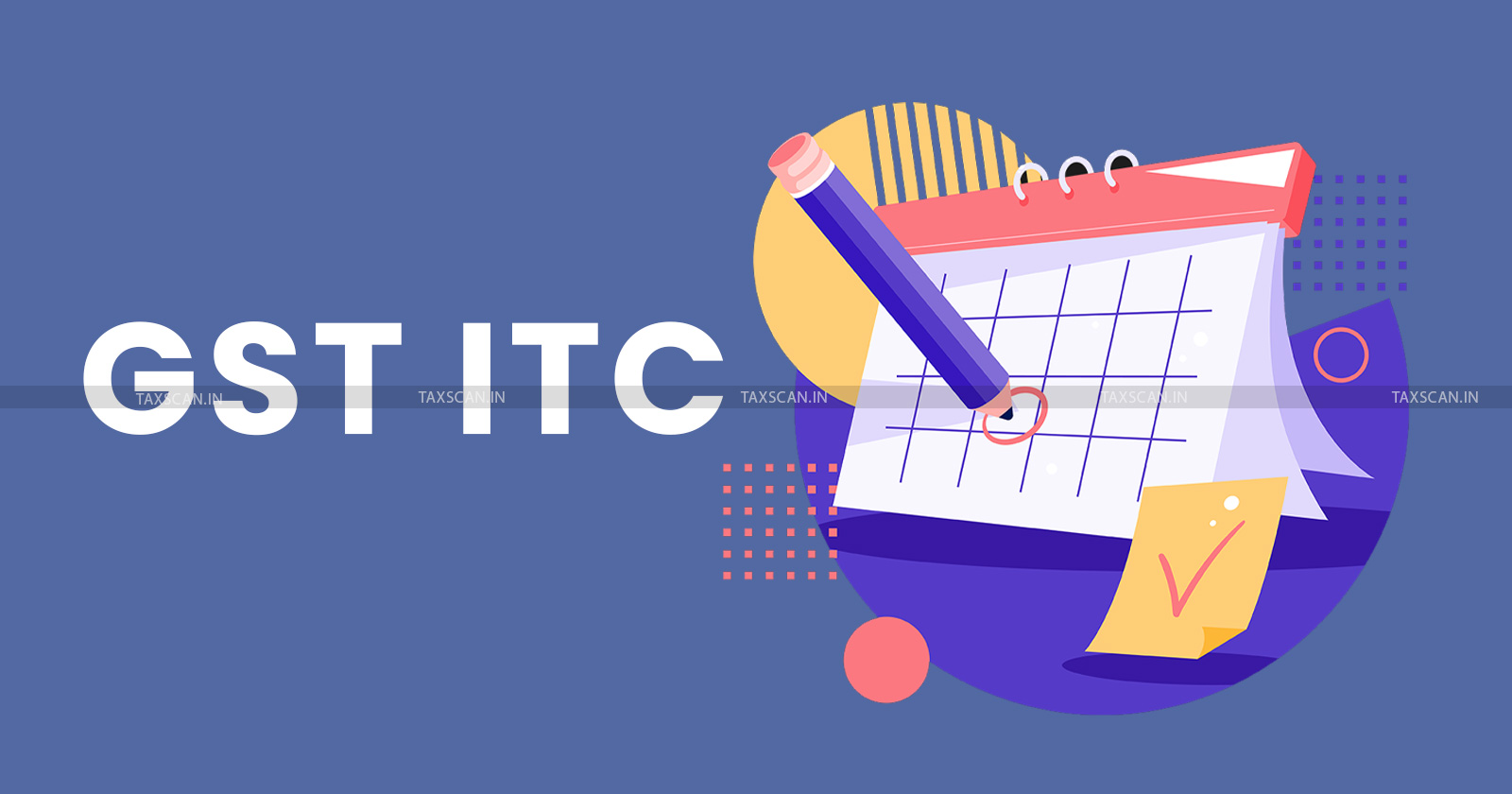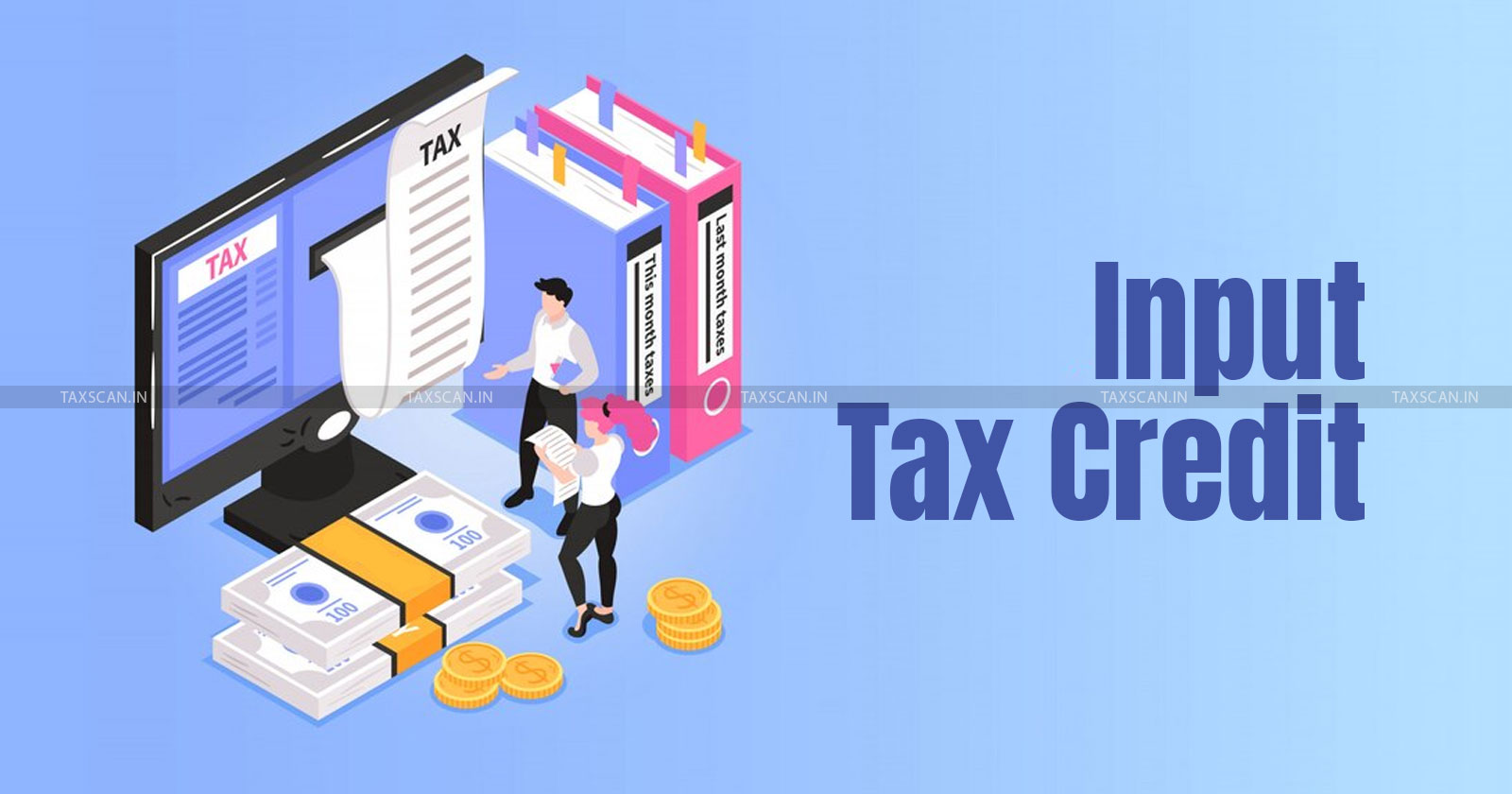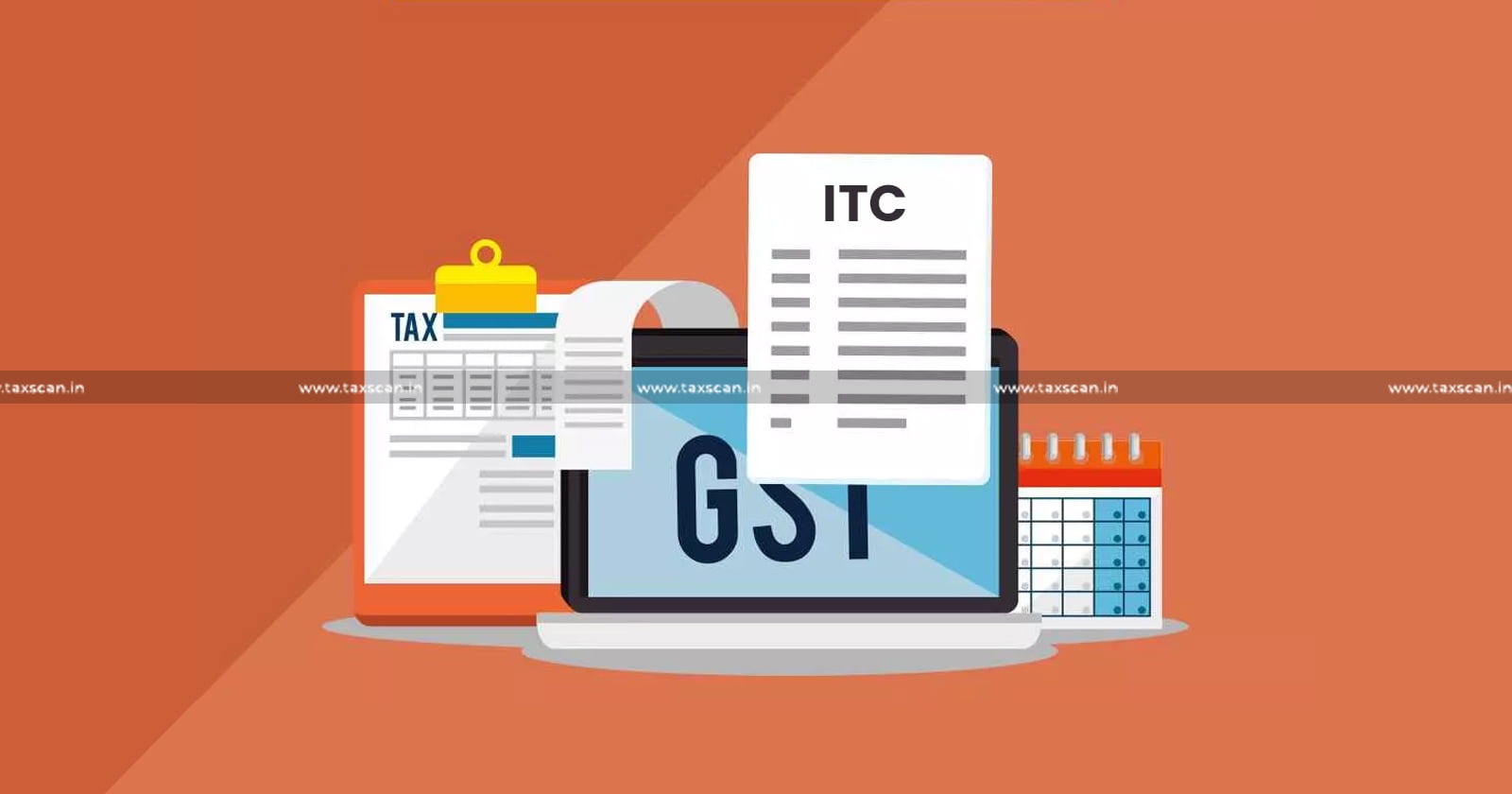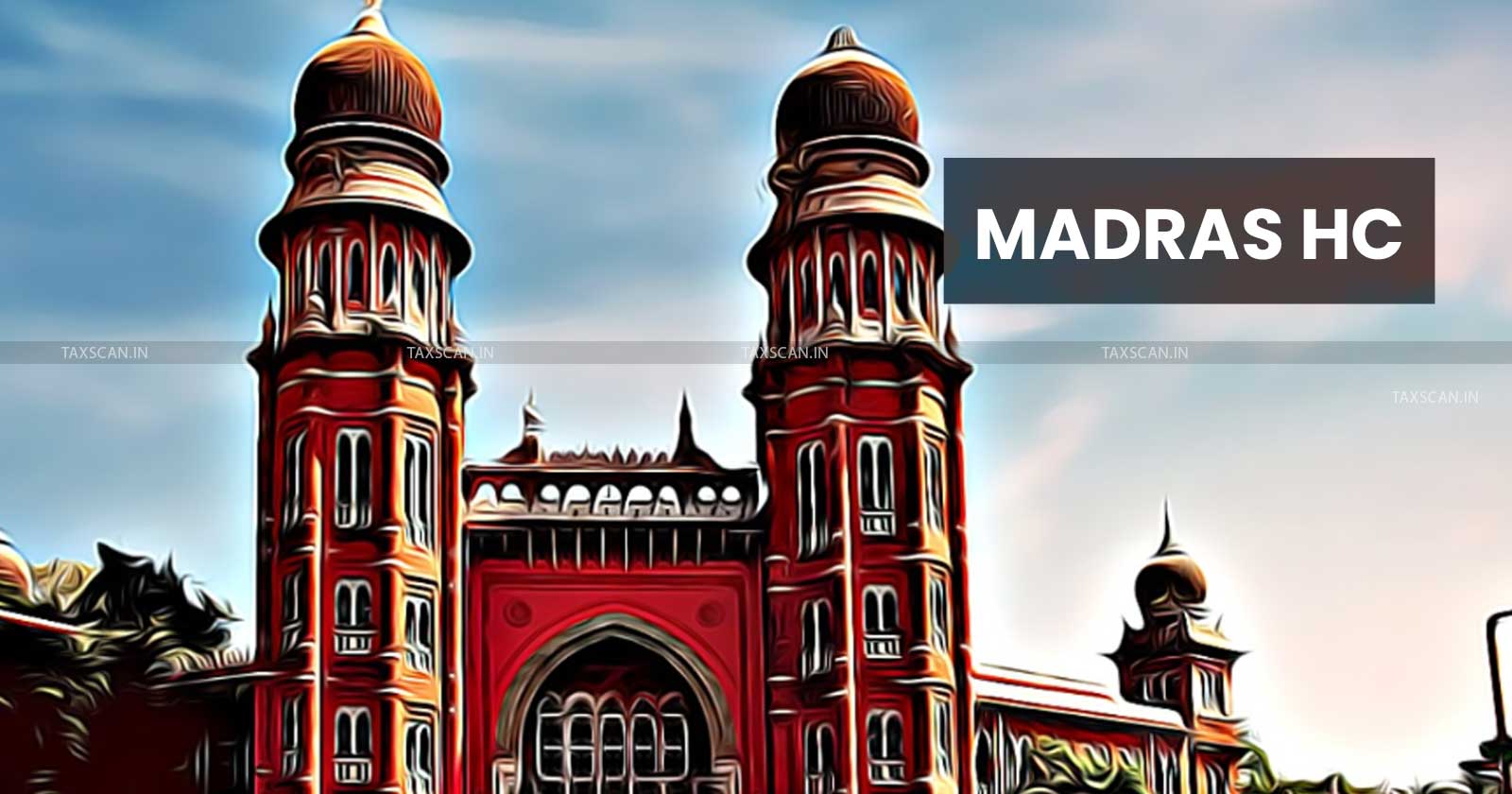Supplier’s GST Registration Cancelled, No Tax Paid: Allahabad HC Rejects Buyer’s ITC Claim, Refuses to Interfere S. 74 Order [Read Order]
The buyer bears the duty of proving the legitimacy of the transaction, including the actual payment of taxes and the physical transfer of the items for claiming the ITC.
![Supplier’s GST Registration Cancelled, No Tax Paid: Allahabad HC Rejects Buyer’s ITC Claim, Refuses to Interfere S. 74 Order [Read Order] Supplier’s GST Registration Cancelled, No Tax Paid: Allahabad HC Rejects Buyer’s ITC Claim, Refuses to Interfere S. 74 Order [Read Order]](https://images.taxscan.in/h-upload/2025/06/11/2042551-gst-registration-cancelled-taxscan.webp)
The Allahabad High Court has dismissed the writ petition denying its claim for input tax credit (ITC) on purchases from a supplier whose GST registration had been cancelled and who had failed to deposit tax with the government.
The Court held that the petitioner failed to establish compliance with the mandatory condition under Section 16(2)(c) of the CGST Act, which requires actual payment of tax by the supplier as a prerequisite for availing ITC.
JusticeRohit Ranjan Agarwal observed that “This is one of the case where registration of supplier firm was cancelled and on inquiry, it was found that no tax was deposited by supplier with the Government as was required under sub-section (2)(c) of Section 16 before ITC is claimed. Petitioner could not demonstrate before the taxing authorities or before this Court that tax was in fact deposited by supplier pursuant to issuance of tax invoice.”
The petitioner, Trendships Online Services Pvt. Ltd., a registered dealer under the Uttar Pradesh GST Act, 2017, had claimed ITC on purchases made in 2018 from a Delhi-based supplier, Shree Radhey International.
 Also Read:GST ITC denied on Non-Compliance of Circular: Madras HC grants Hearing Opportunity Conditionally [Read Order]
Also Read:GST ITC denied on Non-Compliance of Circular: Madras HC grants Hearing Opportunity Conditionally [Read Order]
3000 Illustrations, Case Studies & Examples for Ind-AS & IFRS, Click here
Though the transactions were documented with valid tax invoices and payments were made through banking channels, it was later discovered that the supplier’s GST registration was cancelled in 2019 and that the tax collected was never deposited with the Government.
A show-cause notice under Section 74(1) of the GST Act was issued, and subsequent proceedings resulted in a demand for recovery of ITC with interest and penalty. The petitioner’s appeal was rejected, leading to the writ petition before the High Court.
The counsel for the petitioner, Adv. Pooja Talwar argued that the transactions were genuine and complete, and the supplier’s default in depositing tax should not prejudice the buyer. Various judgments from other High Courts were cited in support of the claim.
 Also Read:ITC Denied Invoking S. 17(5) of GST Act without Indicating Reason: Madras HC Sets Aside Order [Read Order]
Also Read:ITC Denied Invoking S. 17(5) of GST Act without Indicating Reason: Madras HC Sets Aside Order [Read Order]
Arvind Kumar Mishra, learned Standing Counsel, argued that as per Section 16(2)(c) of the CGST Act, 2017, ITC can only be availed if the tax on the supply has actually been paid to the Government either in cash or through ITC.
He contended that the petitioner failed to prove the bona fides of the transaction or provide evidence of tax payment by the supplier in response to the notice under Section 74. Accordingly, the Assessing Authority rightly rejected the petitioner’s claim and demanded tax with interest and penalty.
The standing counsel relied on the Supreme Court’s ruling in State of Karnataka v. Ecom Gill Coffee Trading Pvt. Ltd. and the Allahabad High Court’s decision in M/s Shiv Trading v. State of U.P. to support his submissions.
 Also Read:Supreme Court Questions GST ITC Denial Due to Clerical Errors, Seeks Clarity from CBIC [Read Judgement]
Also Read:Supreme Court Questions GST ITC Denial Due to Clerical Errors, Seeks Clarity from CBIC [Read Judgement]
How to Audit Public Charitable Trusts under the Income Tax Act Click Here
The High Court held that Section 16(2)(c) imposes a clear condition that tax must be actually paid to the Government for ITC to be availed. The Court noted that despite issuance of tax invoices, the petitioner failed to demonstrate that the supplier had deposited the corresponding tax. As such, the benefit of ITC could not be extended.
The Court further stated that the buyer bears the duty of proving the legitimacy of the transaction, including the actual payment of taxes and the physical transfer of the items.
It was noted by the court that in the precedents submitted by the petitioner, the matter has been remanded back to authorities for consideration afresh. The Court dismissed the writ petition and released the previously granted interim relief after finding no flaws in the tax authorities' orders.
 Also Read:GST ITC Rejected due to Claims filed beyond Period Specified u/s 16(4): Madras HC Directs to Re-do Assessment in Light of Finance Act, 2024 [Read Order]
Also Read:GST ITC Rejected due to Claims filed beyond Period Specified u/s 16(4): Madras HC Directs to Re-do Assessment in Light of Finance Act, 2024 [Read Order]
Support our journalism by subscribing to Taxscanpremium. Follow us on Telegram for quick updates


